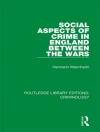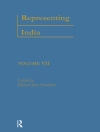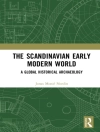The World Wide Web (WWW) and digitisation have become important sites and tools for the history of the Holocaust and its commemoration. Today, some memory institutions use the Internet at a high professional level as a venue for self-presentation and as a forum for the discussion of Holocaust-related topics for potentially international, transcultural and interdisciplinary user groups. At the same time, it is not always the established institutions that utilise the technical possibilities and potential of the Internet to the maximum. Creative and sometimes controversial new forms of storytelling of the Holocaust or more traditional ways of remembering the genocide presented in a new way with digital media often come from people or groups who are not in the realm of influence of the large memorial sites, museums and archives. Such ‘private’ stagings have experienced a particular upswing since the boom of social media. This democratisation of Holocaust memory and history is crucial though it is as yet undecided how much it will ultimately reinforce old structures and cultural, regional or other inequalities or reinvent them.
The “Digital space” as an arbitrary and limitless archive for the mediation of the Holocaust spanning from Russia to Brazil is at the centre of the essays collected in this volume. This space is also considered as a forum for negotiation, a meeting place and a battleground for generations and stories and as such offers the opportunity to reconsider the transgenerational transmission of trauma, family histories and communication. Here it becomes evident: there are new societal intentions and decision-making structures that exceed the capabilities of traditional mass media and thrive on the participation of a broad public.
Sobre o autor
Eva Pfanzelter, Dirk Rupnow, University Innsbruck; Éva Kovács, Marianne Windsperger, Vienna Wiesenthal Institute for Holocaust Studies.












